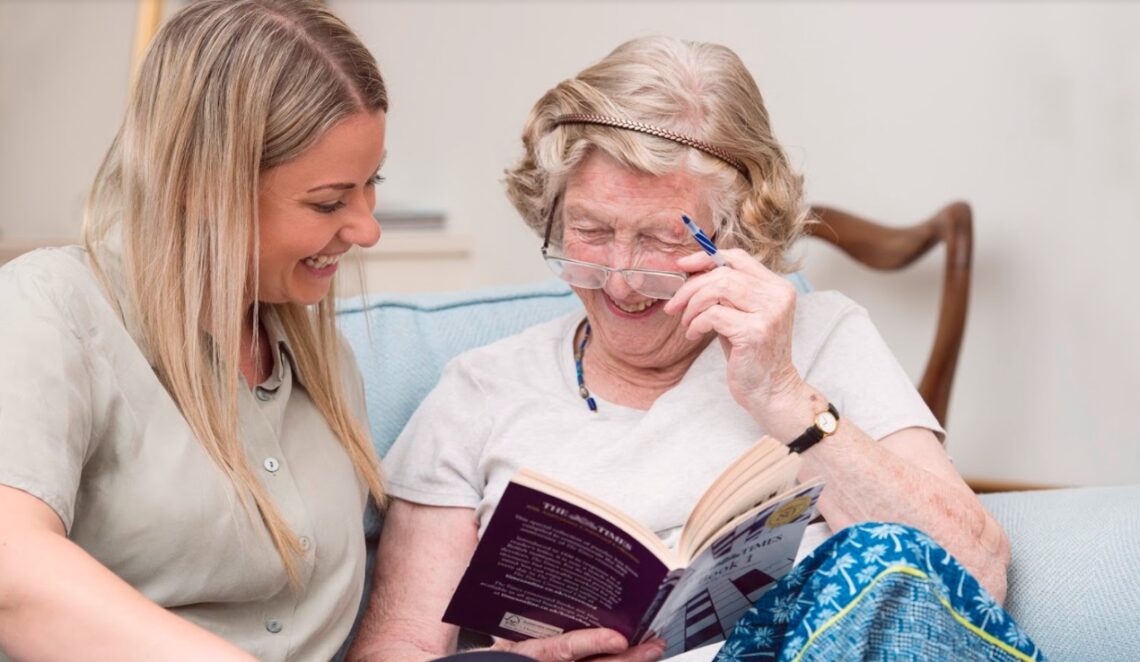A companion carer can be life changing for those who are lonely, but still want to remain in their own home. Companionship care for the elderly aims to reduce or prevent loneliness in older people.
Companionship care services provides support for those who are isolated and lonely, but still healthy and happy to remain in their own home.
Companionship care varies significantly from person to person, but generally aims to reduce or prevent loneliness in an elderly person who might otherwise become isolated. This type of care can vary from several hours a day to just a few hours a week, and can make a huge difference to the day-to-day outlook of someone who would be totally alone. Live in companionship is a fantastic support for older people who may be bereaved or socially isolated. Loneliness is a huge problem as it can cause depression and exacerbate illnesses and conditions. Social interaction is what people live for, whether that person is an introvert or an extrovert, the network of friends and family that surround them help them to feel valued and supported.
Companion carers: Can they help with loneliness?
As the years progress, elderly people inevitably lose family members and lifetime friends, which can leave them feeling cut off, with no one to talk to. While older people are most vulnerable to social isolation, there are other groups who are also at risk.Companion carers often have interesting life experience which can mean they are able to empathise and communicate effectively. Mobility problems can get in the way of going out and taking part in activities, and people with low incomes are simply unable to afford the bus fare or social clubs that would enable them to get out and talk to others. But loneliness doesn’t discriminate and can happen to anyone.
Loneliness has serious consequences on health and in turn cost implications for health and social services. The SCIE says that,
“Social isolation and loneliness have a detrimental effect on health and wellbeing. Studies show that being lonely or isolated can have an impact on blood pressure, and is closely linked to depression.”
Loneliness is a vicious cycle; the longer a person feels lonely, the more lonely they become. In time they can become detached from society and find it difficult to reconnect and interact with groups or people. Demographically men over the age of 60 are far more likely to suffer from loneliness than any other group in society and, most worryingly, less likely to seek help or address the problem.
The continued innovation in medicine and healthcare is inspiring and wonderful, but unfortunately it will only exacerbate the problem of loneliness. Individuals will live to ever greater ages and the severity of their loneliness will only increase.
How to solve the problem of loneliness:
Day centres, based all around the UK attempt to bring older people in the community together by running workshops, and getting them involved in community-based projects and events. But these often require the person suffering from loneliness to go into the day centre of their own accord. This takes a huge amount of effort, especially if the loneliness has progressed into depression.
The hardest step for those offering help in finding vulnerable people and encouraging them to be more active within the community.
Carer companions can help with loneliness
Companionship care is for those who are liable to become lonely, or for those who have been suffering from loneliness for some time. A carer companion will go to the person’s home and spend time with them, help them with simple tasks, play games, and perhaps encourage them to go out and about.




